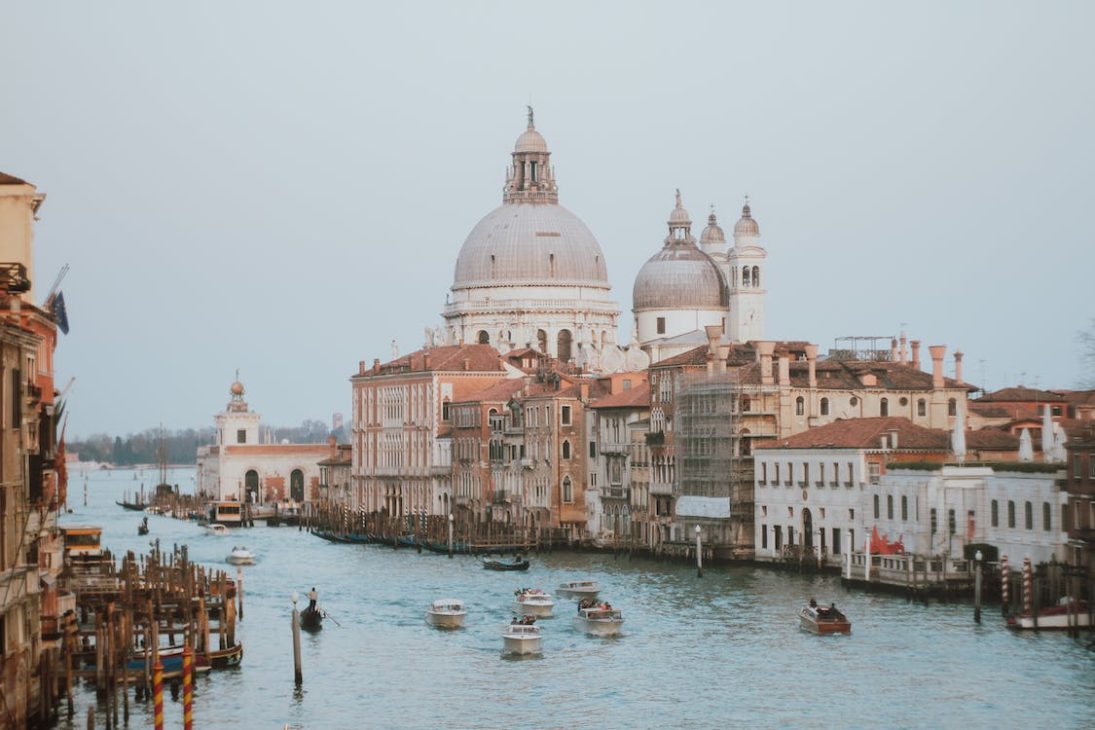A lot of time and effort goes into planning a trip. But solo travel gives you the freedom to decide on the details of your adventure, all by yourself.
That includes what you eat, where you sleep, and even how you spend your days. The skills you learn as a solo traveler will benefit you long after your return home.
1. You Learn To Put Yourself First
While traveling with a companion can make for great memories, it also means you have to cater to their wants and needs. Solo travel gives you the chance to put your own needs first and experience your destination in a way that’s truly authentic.
When you travel alone, you’ll often find yourself talking to strangers more frequently than you might when traveling with others. Whether they’re other travelers or locals, you’ll likely find yourself asking them for directions or recommendations on what to see and do.
These conversations will help you learn a lot about the culture of your destination, and they’ll also be a good way to practice your communication skills. Plus, they’ll provide you with some interesting stories to tell when you return home!
2. You Learn To Be Independent
Traveling solo requires you to make decisions on your own without having to consult someone else. This can be intimidating at first, but it teaches you to become independent and self-sufficient.
Homesickness and fear of the unknown are common stumbling blocks when you’re traveling alone. However, they can also teach you to be adaptable and resilient. When a bus breaks down, a flight gets canceled or you get lost (which is almost inevitable when traveling abroad), it’s important to stay calm and trust that things will eventually work out.
It’s also a good idea to punctuate your trips with city tours or cooking classes, as this can help you meet people and build connections. This way, you’ll have something to look forward to in the evenings when homesickness hits. This makes the experience even more enjoyable and memorable.
3. You Learn To Be Flexible
When you’re traveling solo, you have the ability to change your plans at a moment’s notice. There is no need to consult with others or take their preferences into consideration before making a decision, which can be liberating.
You can also plan your trip to include social accommodations such as hostels or Airbnb’s, which are great for meeting fellow travelers. These shared options typically have common areas, like kitchens or bars, where you can meet other guests and exchange travel tips.
You can follow your own schedule, which is a lot of fun. Want to stay out late at a club or sleep in until noon? Go ahead! You can do what you want without worrying about waking up your travel partner. This flexibility translates well in your daily life, too.
4. You Learn To Be Spontaneous
The beauty of solo travel is that it teaches you to be more spontaneous. This is because you are the sole decision maker and if something unexpected pops up, it’s easy to make it happen. Maybe you see a cute open-air market while strolling through town or a gorgeous view when hiking uphill. If you don’t over-plan, leaving room for spontaneity can result in some of the best moments on a trip.
It’s also easier to take advantage of seat sales, last-minute deals and other opportunities you may not have had the chance to look into with a group. Plus, there’s nothing more fun than singing your favorite ’90s song alone in the car while on a road trip! Especially when you have no one to laugh at your terrible singing voice. (Or roll their eyes at you)..
5. You Learn To Be Affectionate

Traveling alone can be stressful because you have to make all of the decisions by yourself. But it’s also an opportunity to learn how to be affectionate towards yourself. You can treat yourself to nice meals, take a relaxing bath, or just snuggle up on the couch with a movie.
The last thing you want to do on a trip is feel sad and lonely because you don’t have anyone to spend time with. You can overcome this by having an emergency plan in place, like sharing your itinerary with a few trusted people and keeping a stash of cash in case of an unexpected incident. Then you can focus on enjoying the experience. You may even find that you’re more affectionate when you get home to your partner! They’ll be amazed by the transformation you’ve undergone.
6. You Learn To Be Self-Reliant
When you’re traveling solo, it’s your responsibility to take care of all of the little things that need to be done. This includes things like finding your way to a new destination or restaurant, navigating a foreign language, and overcoming roadblocks. This can be a daunting task, but it will help you learn to be self-reliant and confident in your own ability to make decisions on your own.
In addition, you will also learn to be resourceful. This means being able to find solutions to problems on your own, which will help you in all areas of your life. This is another valuable lesson that will stick with you long after your trip has ended. You can practice being self-reliant by taking a few solo excursions on a group trip before embarking on your own journey.
7. You Learn To Be More Confident
You might feel insecure or uncomfortable when traveling solo, especially at first. But, the key is to surround yourself with people who are thrilled about your trip and support you. This will bolster your resilience.
Traveling alone with the help of tourguiderio.com can be an incredible learning experience. Many travelers return home with a new perspective on the world and their role in it.
When you travel solo, you can try things that you wouldn’t usually do at home. This could include taking a cooking class or hiking a difficult trail. It’s also a great time to push your comfort zone. Trust your intuition and be sure to listen to your body. If something doesn’t feel right, remove yourself from the situation. You’ll be glad you did! You may even discover that you enjoy the out-of-your-comfort-zone experiences more. They’re fun and exciting, and they make for a more memorable vacation!
8. You Learn To Be More Self-Disciplined
As you travel solo, you will find that you become more self-disciplined. You will tackle problems without having to consider the wants and needs of others and you will also develop the discipline needed to save money for future trips. These skills can easily translate into your professional life!
A common misconception is that solo travelers are lonely. But this couldn’t be further from the truth! Even if you are an introvert, traveling alone will help you meet new people. In fact, many people will tell you that they have met some of their best friends while traveling solo.
It is so rewarding to ask for directions on a crowded subway and have a stranger take the time to help you out! Such acts of kindness will restore your faith in humanity and teach you to pay it forward.
